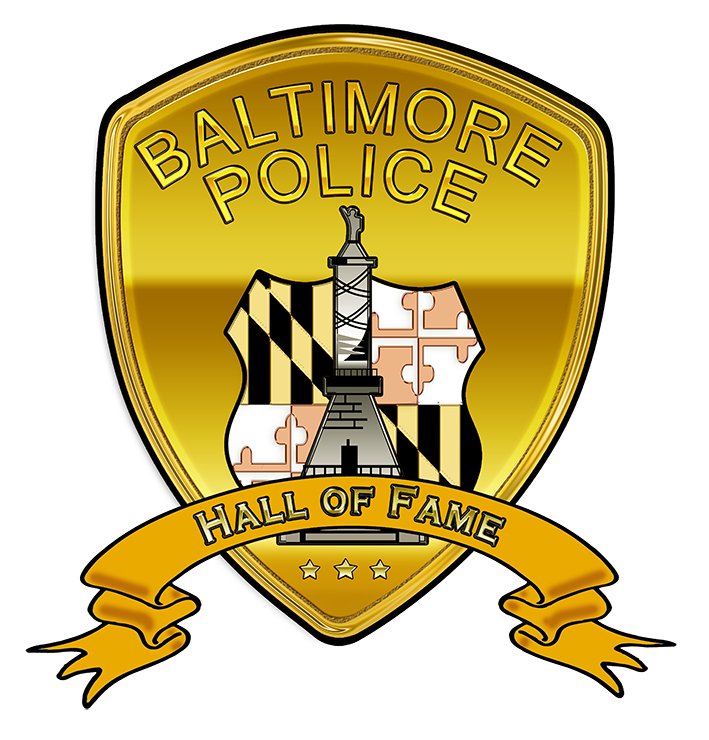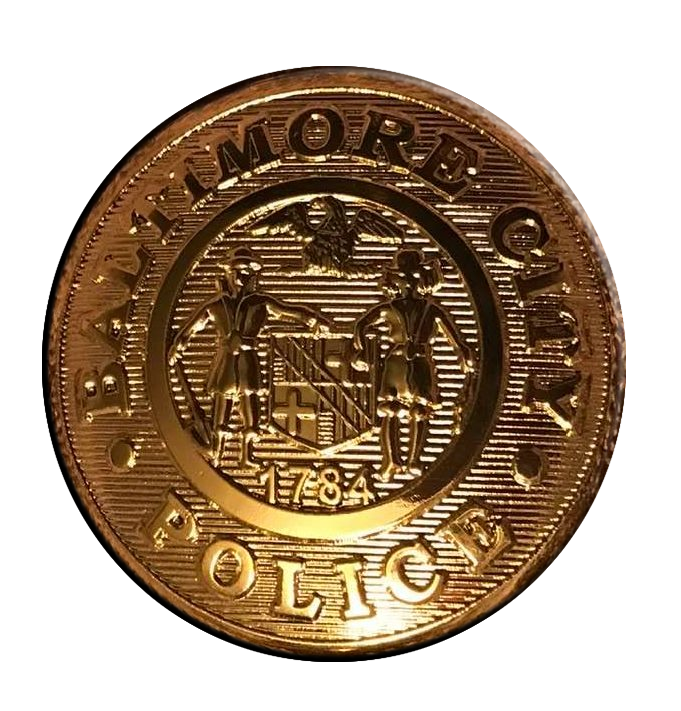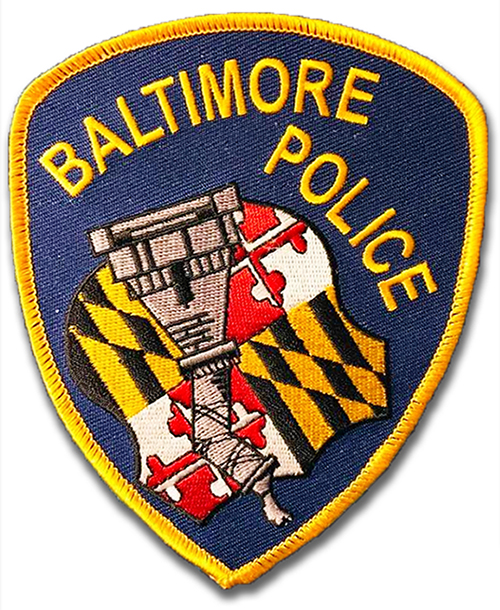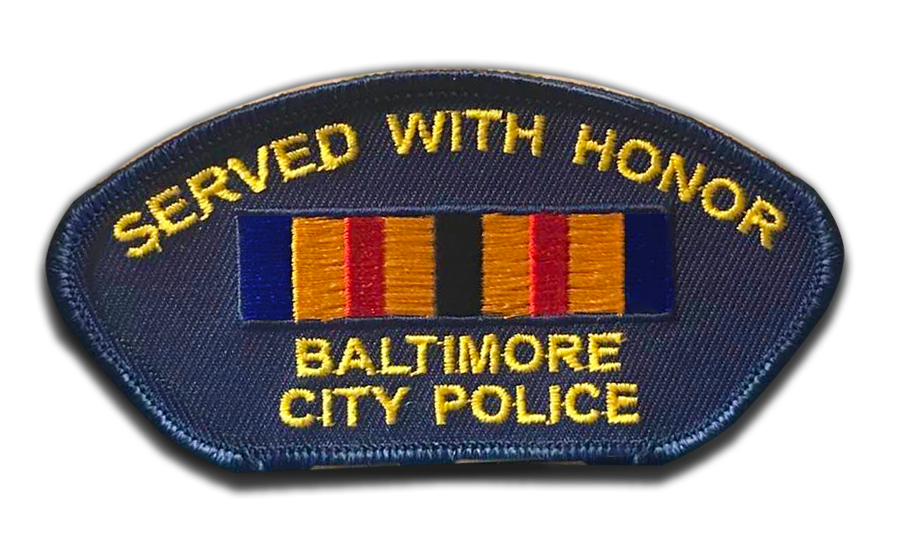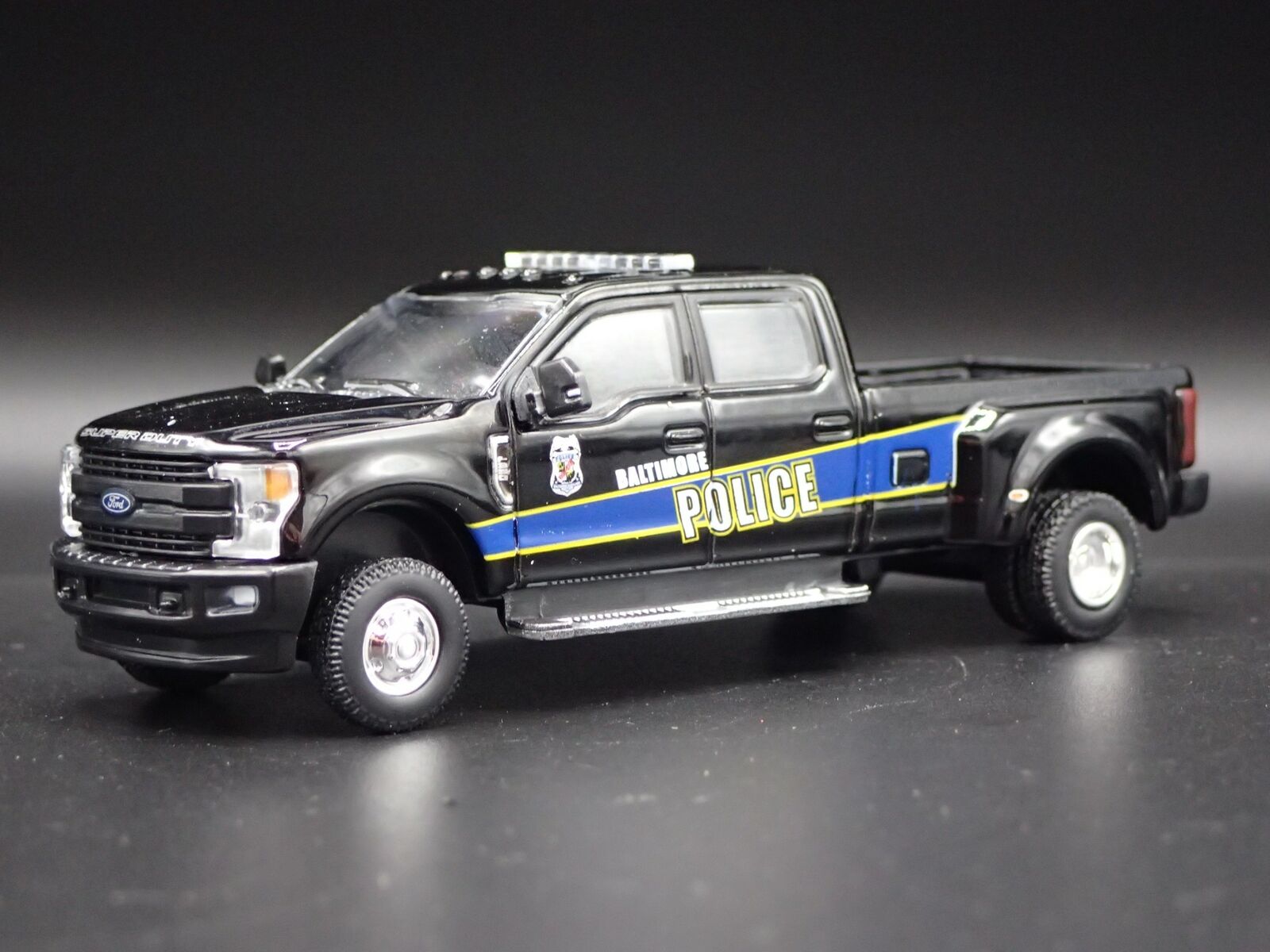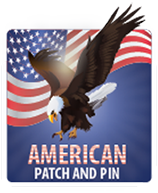FORMER POLICEMAN DIES OF OLD WOUND
The Sun (1837–1989); Jul 28, 1929; p. . 20
Patrolman James M. Moore was Shot
Making an Arrest Forty-Three Years Ago
Bullet Lodged Near the heart: Physician fearing to Remove It
While on duty in the Western Police District on April 9, 1887, Patrolman James M. Moore was shot several times by a drunk and crazed man. He was blinded in one eye, and the shot lodged near his heart; it rests in such a position that doctors wouldn't dare attempt to remove it. Patrolman Moore was placed on a pension list and died Friday night (July 26, 1929) from a breast wound received 43 years ago. The shooting that ultimately caused his death was one of the newspaper sensations at the time. Patrolman Moore was lauded for arresting his assailant, although he was seriously wounded.
Reported for the Baltimore Sun
A Flurry of gunfire in Josephine Street and an Officer Wounded Four Times
Police Officer James M. Moore, of the Western District, was shot and seriously injured on Saturday night (9 April 1887) at eight o'clock by Martin Gundlach, a driver for the Standard Cab Co., and Charles P. Gundlach, box-maker, living at 722 West Lexington St. The shooting occurred at the residence of the mother of the men, Mrs. Christiana Gundlach, 654 Josephine Street. At the hearing yesterday before Justice Benner, the wounded officer's statement of the affair was read. It is as follows: "About 8 o'clock Saturday night (9 April 1887) while patrolling my beat, which includes Josephine Street. I was notified by a citizen that there had been trouble at Mrs. Christiana Gundlach's, No. 654 Josephine Street, between her and her son Martin, who drives one of the Standard cabs. I went towards the house and heard some loud words, but nothing further. Later, Martin came out, and I advised him to get in his cab, which was standing at the curb, and go away. The man proceeded to get on the box of the cab when his brother, Charles P. Gundlach, came out of the house and said, “What is the matter here?' and began to pull off his coat, and almost simultaneously, Martin Gundlach stood up on his seat and called out, “You _____, you can do the n_ggers, but you can't do me,” and began firing at me. I was struck and felt shots in the chin and breast, and as I staggered against the horse and tried to drag my assailant from the cab, he jumped down and ran into the house. I succeeded in drawing my pistol and fired one shot at him as he ran into the doorway and three shots in the air to call for assistance. In the meantime, his brother, Charles Gundlach, fired two shots at me, one taking effect in the calf of the left leg and one grazing the right thigh. One of the shots was fired after Martin had gone into the house. I grabbed Charles, but he broke away from me, jumped into a cab, and drove furiously down Josephine Street to Arch to Lexington. At the same time, Martin came out of another house and ran after the cab. I followed him as well as I was able and came up with him on Arch Street, near Lexington Street. As I grappled with him, he turned and struck me, and I dealt him a blow on the head with my pistol, which I held in my hand.
At this time, several officers came up, and I delivered my prisoner over to them." The officers who caught Charles Gundlach and who relieved Officer Moore of his prisoner, Martin Gundlach, were Serge. Tierney and policemen Berney and Graves. Serge. Tierney and officer Berney were standing in the stationhouse in citizens' clothes, having gone on duty an hour before. Four pistol shots were heard, and Lieut. Fullem, who was sitting at his desk,. "My God, somebody has been shot!" The men ran down Josephine Street to the scene of the shooting and then to the officer's assistance, as given in his statement. Serge. Tierney stopped the cab and pulled Charles Gundlach from his seat, while officers Berney and Graves took charge of the other man and assisted officer Moore to the station house, where Lieut. Fullem, with the assistance of some citizens,. undressed and put the wounded man to bed in one of the upper rooms at the station, and summoned Dr. J. J. R. Crozer and Louis C. Horn, who, upon examination, found that: one bullet entered the mouth below the lip, plowed its way over the left lower jaw bone, nod out under the jaw; another struck him on the left side, in the region of the heart, struck a rib, and glanced off. The third struck him in the calf of the left leg, going in about one and a half inches. Another was a glancing shot, making an abrasion on the right thigh.
The fact of one of the bullets entering the back or the man's leg set Lieutenant . Scott to thinking and knowing that officer Moore had not turned his back on his assailant. He had a consultation with him when he made out his statement, and at the hearing, he preferred the charge of shooting with intent to kill Officer Moore against Charles P. Gundlach, who had only been held on the charges of disorderly conduct and reckless driving. When Martin Gundlach was taken into the station house, Lieut. Fullem said to him, "Why did you do this, Mart.?" He replied, "Mr. Fullem, I'll kill that_____ yet." When searched, a large table knife was found on him, which he had picked up as he ran through the house. Marshal Frey was present at the hearing and commended Captain Cadwallader for his activity in working up the case and for sending Lieutenant . Scott after a statement from Officer Moore, which was not customary. The wounded man's face was badly burned by the powder. He showed great nerve in chasing his man and holding him, injured as he was, until other officers arrived. Eleven witnesses were examined. They were. Miss Cora Tate, Wm. Schnelder. Ida Miller, colored, Charles P. Logue, Wm. Logue, Harry Turnbaugh, Sergeant Tierney, Lieut. Fullem, Dr. L. C. Horn, and Lieut. Scott, Mr. Louis Hochhelmer, have been retained to defend the prisoners. Who was committed to court by Justice Benner despite bail being refused?

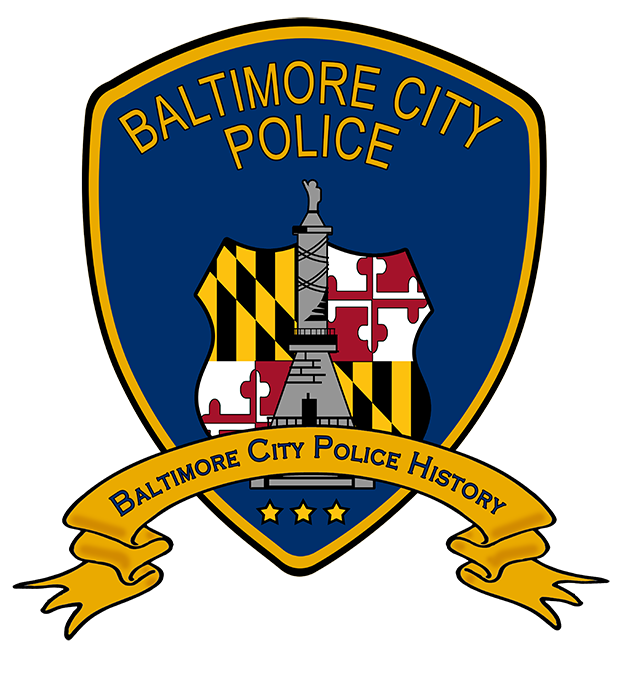
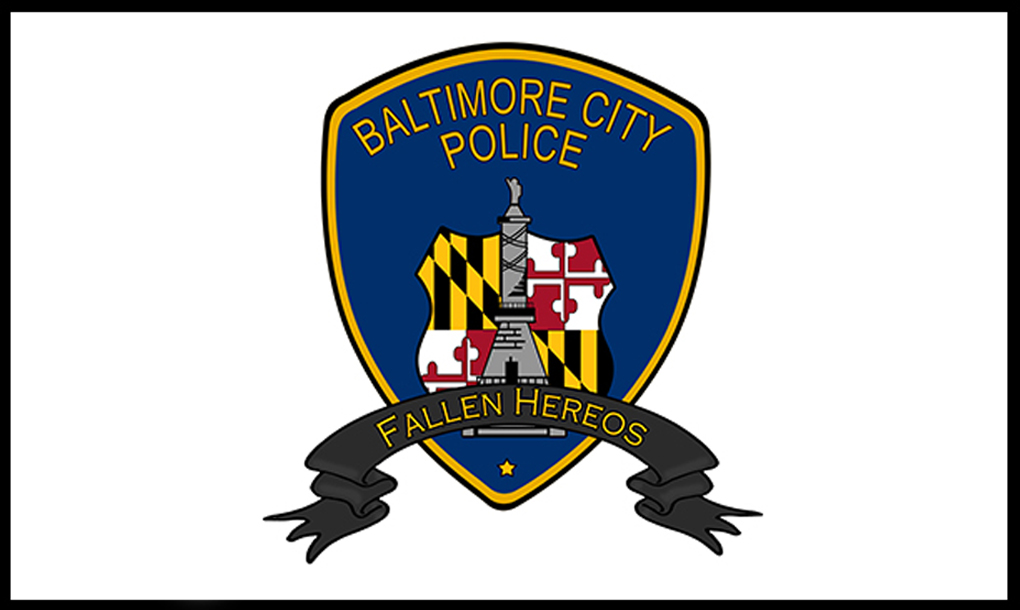 Patrolman James M. Moore
Patrolman James M. Moore 


